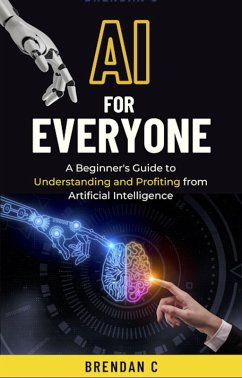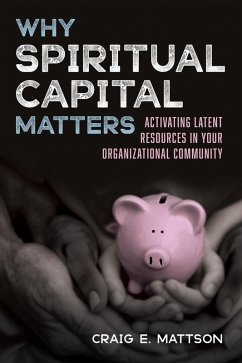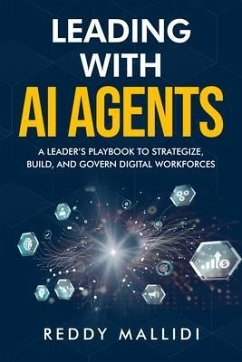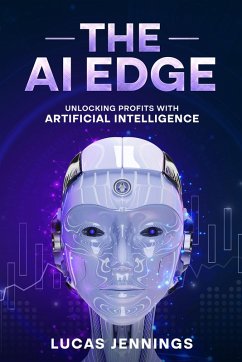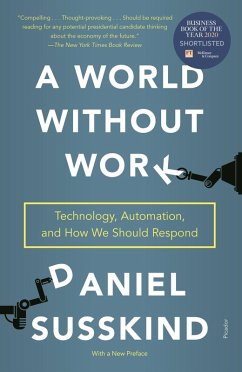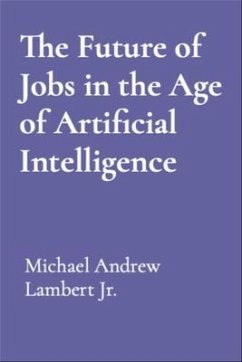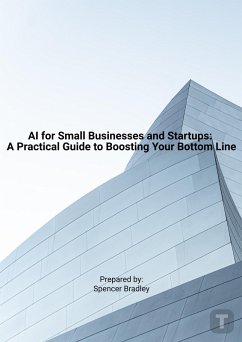
What Is AI? (eBook, ePUB)
Benefits, Risks, Regulation, Litigation, and Potential Impact on the Labor Market

PAYBACK Punkte
4 °P sammeln!
This book attempts to provide a definition of Artificial Intelligence (AI) and to explain how AI technology currently affects us and may affect us in the future. It also serves as a beginners guide to understanding AI.There are benefits to AI but there are also real dangers. Therefore, efforts to regulate AI must strike a balance between harnessing its benefits while mitigating its risks. We need robust strategies to counteract the labor implications of AI. This will require strengthening legal protections against AI misuse, increasing transparency in AI-driven workforce decisions, and fosteri...
This book attempts to provide a definition of Artificial Intelligence (AI) and to explain how AI technology currently affects us and may affect us in the future. It also serves as a beginners guide to understanding AI.
There are benefits to AI but there are also real dangers. Therefore, efforts to regulate AI must strike a balance between harnessing its benefits while mitigating its risks. We need robust strategies to counteract the labor implications of AI. This will require strengthening legal protections against AI misuse, increasing transparency in AI-driven workforce decisions, and fostering ethical AI adoption through corporate responsibility and public advocacy.
In an era of AI's undeniable influence, collaboration among policymakers, enterprises, and the workforce is vital in shaping an equitable AI-driven work landscape. There is reason for optimism, however, that AI will not result in a net loss of jobs. Indeed, noted economists have determined that AI "will create more jobs than it eliminates, as has virtually all technology in the past." And recent studies indicate that this is currently happening.
There are benefits to AI but there are also real dangers. Therefore, efforts to regulate AI must strike a balance between harnessing its benefits while mitigating its risks. We need robust strategies to counteract the labor implications of AI. This will require strengthening legal protections against AI misuse, increasing transparency in AI-driven workforce decisions, and fostering ethical AI adoption through corporate responsibility and public advocacy.
In an era of AI's undeniable influence, collaboration among policymakers, enterprises, and the workforce is vital in shaping an equitable AI-driven work landscape. There is reason for optimism, however, that AI will not result in a net loss of jobs. Indeed, noted economists have determined that AI "will create more jobs than it eliminates, as has virtually all technology in the past." And recent studies indicate that this is currently happening.
Dieser Download kann aus rechtlichen Gründen nur mit Rechnungsadresse in A, D ausgeliefert werden.




